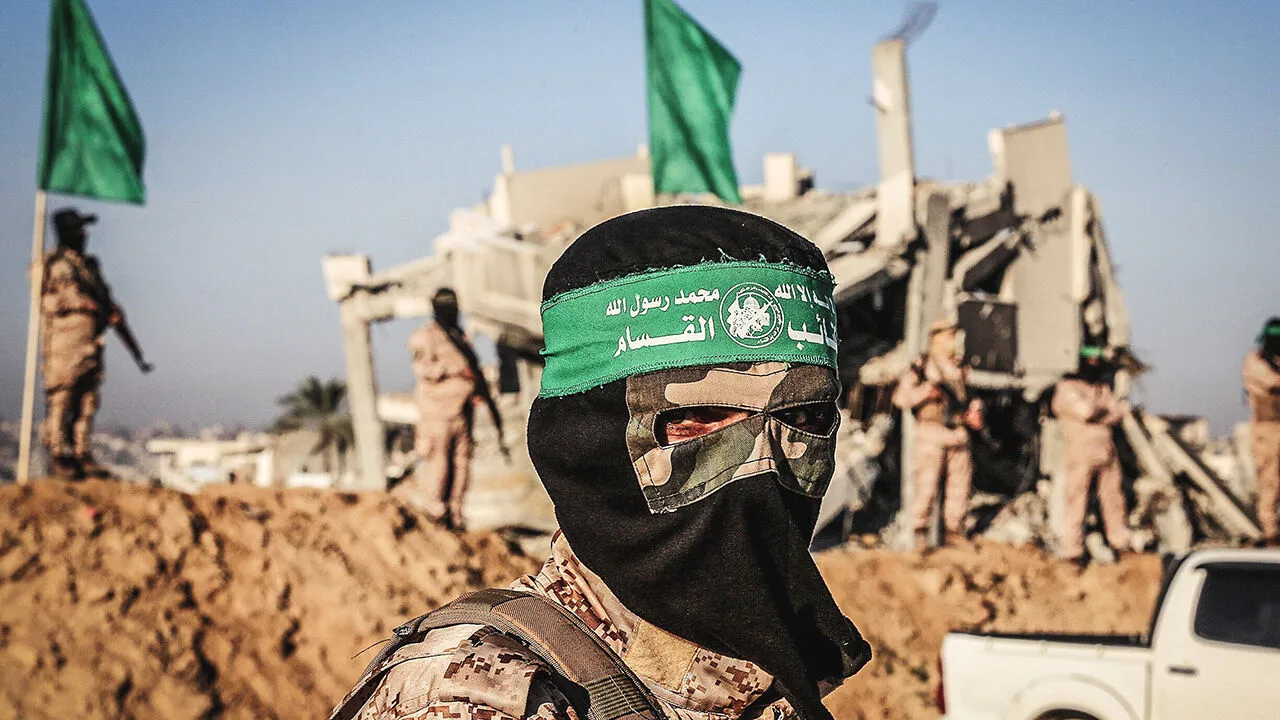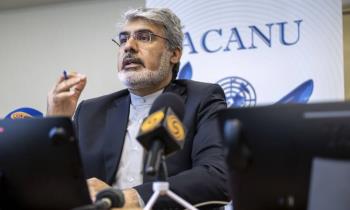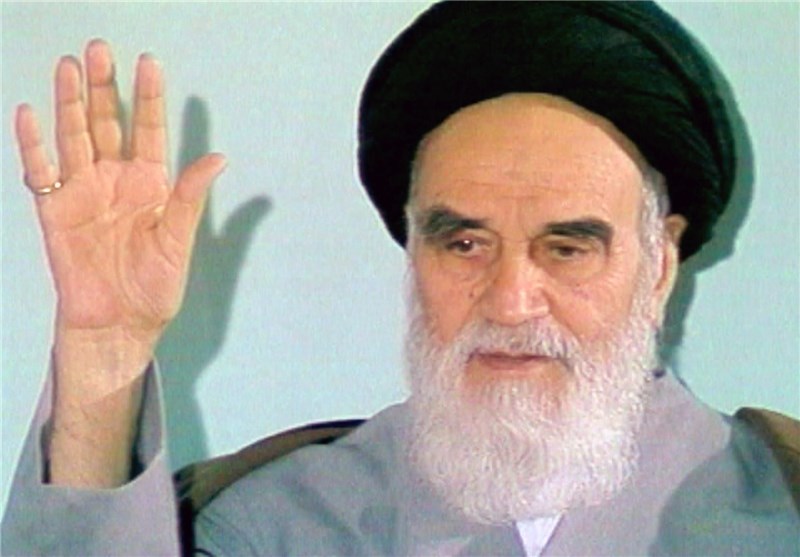Imam Ruhollah Khomeini’s heart stopped beating on June 3 1989. Having suffered from terminal cancer, attempts to revive the Imam were to no avail.
The following day, it was announced that the leader of the Islamic nation had passed away. Shrouded in a white cloth, Imam Khomeini’s body was surrounded by millions of mourners who showed up to bid their leader farewell. The shroud was shredded to pieces as mourners sought to touch the body in what has been dubbed the second largest funeral in the world.
Ruhollah which means the soul of God was the name Imam Khomeini’s mother gave him when he was born on May 17th, 1900. Orphaned when he was just five months old, Imam Ruhollah Musawi Khomeini was brought up in the village of Khomein in Iran, hence his name.
Born into a family of religious scholarship, Imam Khomeini became engaged in religious studies and grew to be a symbol of piety and spirituality. He was considered a prodigious student.
From the outset, Imam Khomeini was bound to become a great man. In his twenties, Imam Khomeini introduced the concept of Wilayat al-Fakih to the Muslim nation, which translates to the guardianship of the jurisprudent, a concept that would later become the basis of the constitution of the Islamic Republic of Iran.
In 1953, the shah, announced the emergence of the so-called white revolution instituting a wide range of so-called reforms. Later on, Imam Khomeini was to kindle a revolution, a revolution of another color.
In the same year, Imam Khomeini was sentenced to exile, a deportation that would last for 14 years.
From Turkey to Najaf, Iraq, where Saddam Hussein was asked to silence him, Imam Khomeini voyaged on a journey to revolution. Exile did not muffle his voice. In 1978, Imam Khomeini went to Paris. There, the blueprints of the revolution were drawn.
A white-bearded man with a black turban resting upon his head, a symbol of his ancestral descent of Prophet Mohammad, impassioned yet tranquil, Imam Khomeini made news in Western media.
To the outside world, he was the Ghandi of Iran, the unbending father of the opposition. To the shah, he was a lingering threat. To the Iranians who were seeking change, he represented the emancipation of a people from an authoritarian regime. He was their hope.
In January 1979, the tables were turned. The shah was forced out of the country; it was he, who was now in exile.
Imam Khomeini was welcomed in Tehran by millions of supporters. It was the dawn of the Islamic Revolution. In 1979, Imam Khomeini established the first and only Islamic Republic in the world.
Politically, he maintained an anti-West and anti-East (former Soviet Union) position, calling for the independence of Muslim countries. He rejected secularism and established a paradigm for an Islamic government.
He was keen on rejecting sectarianism and continuously rallied for Muslim unity. He even introduced the Palestinian cause as being of top priority for Muslims. He announced the last Friday of the holy month of Ramadan each year as al-Quds Day. Imam Khomeini was indeed the voice of the oppressed regardless of their religion, race, or ethnicity.
In the hospital where he stayed for 11 days before his soul departed his body, Imam Khomeini did not abandon prayer, one of the five pillars of Islam. Even when his body failed to muster enough strength to perform prayer, he did so with his eyelids until one day they never opened again.
But even death was unable to take away Imam Khomeini’s memory as he remains one of the most admired influential figures of the 20th century. He had been a Muslim scholar, a charismatic leader in war and in peace, a philosopher, a theoretician, a poet, and even a kind father to those who sought refuge under his wing.



























